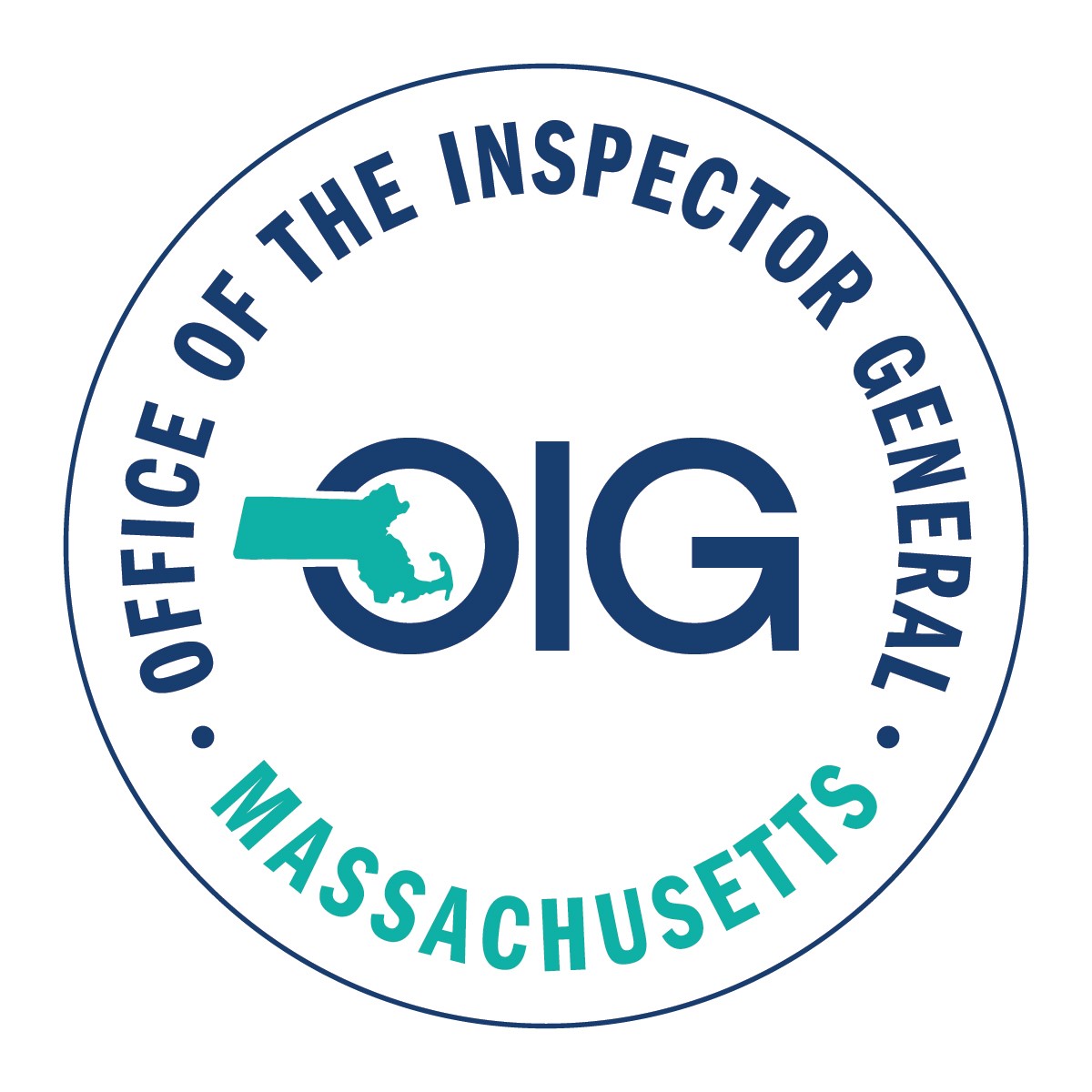- Office of the Inspector General
Media Contact
Carrie Kimball, Communications Officer
Boston, MA — Inspector General Jeffrey S. Shapiro called on the legislative leadership to appoint a Receiver to manage the day-to-day operations of the Cannabis Control Commission (CCC) before the end of the legislative session, in a letter sent today to Senate President Karen Spilka and House Speaker Ron Mariano and others.
“The Cannabis Control Commission is a rudderless agency without a clear indication of who is responsible for running its day-to-day operations. Today I am asking legislative leaders to take immediate action to appoint a receiver and, in short order, address the underlying issues in the enabling statute so that the agency can function properly, maintain its budgeted revenue stream, and provide clarity and certainty for its stakeholders,” IG Shapiro said. “For two years, the Commission has spent considerable time and money with a consultant drafting a governance charter to clarify roles and responsibilities. They are no closer to resolving these issues as I write this, therefore, immediate action must be taken to prevent the further waste and uncertainty.”
The Office of the Inspector General (OIG) conducted a limited review of the CCC’s structure and determined the agency’s enabling statute is unclear and self-contradictory and provides minimal guidance on the authority and responsibilities of the CCC’s commissioners and staff. Some interpret the statute to mean the chair oversees the affairs of the public body, while the executive director oversees the operating affairs of the agency. Others believe the CCC’s chair oversees the entire agency. The OIG’s review further affirmed that this confusion has contributed significantly to the current situation at the CCC.
Since May 2022, the CCC has spent more than $160,000 on mediation services to clarify its governance structure and draft a charter purported to clarify the division of duties. The commissioners have yet to approve the new charter nor has the CCC released the charter publicly. Regardless of its content, this charter will not have the force of law and could be subject to differing interpretation from incoming commissioners or executive directors. Given the commission’s history to date, the charter may be an expensive exercise without lasting impact.
IG Shapiro recommended that legislative leaders take legislative action to allow for and appoint a receiver to manage the day-to-day operations of the agency. Thereafter, IG Shapiro urges legislative action to revisit the governance structure set forth in Chapter 55 of the Acts of 2017 to provide clear leadership at the CCC. “This is no way to operate a state agency, let alone one that was responsible for bringing in approximately $322 million in tax and non-tax revenue in Fiscal Year 2023,” IG Shapiro said.
###
